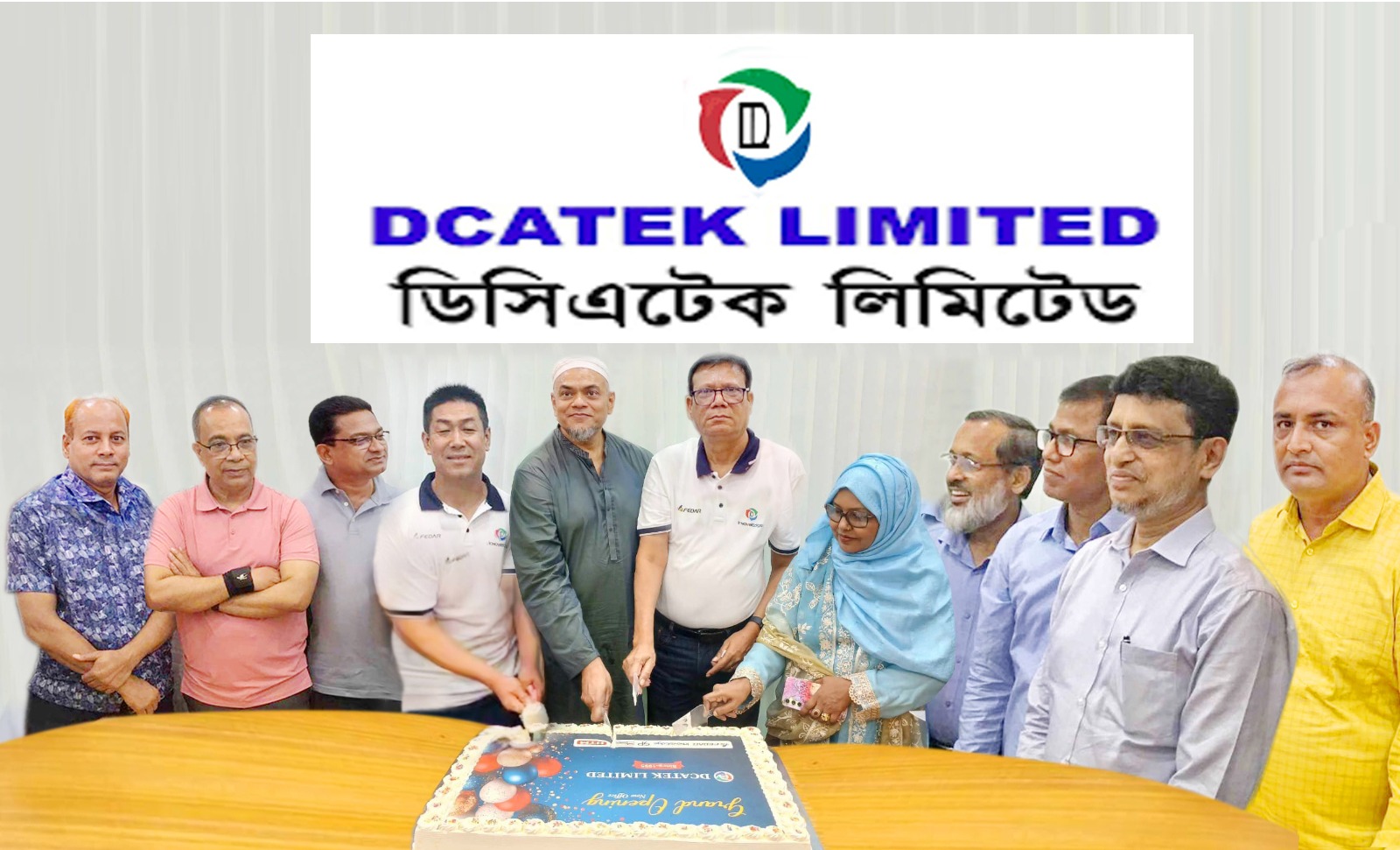
Moon Desk: The country’s promising insurance sector is currently facing various challenges and has stumbled as a result. This sector, plagued by numerous issues, is struggling to grow. Despite numerous obstacles, the impact of the COVID-19 pandemic, and economic recession, National Life Insurance has consistently performed well in business and shown remarkable growth in its life fund, which now stands at approximately BDT 6,000 crore. In an interview with the English daily The Economic Express, the company’s Vice President S K Maruful Haque spoke on various aspects, including how this large life fund is invested, where it is invested, and the returns generated.
Maruful Haque stated that the core strength of a life insurance company lies in its life fund. The larger the life fund, the stronger and more prosperous the company. From that perspective, National Life Insurance is well-organized and financially sound. “Our life fund is growing mathematically. The formula on which our company operates is disciplined and consistent. We are investing our life fund in secure places, and at the same time, our business continuity is improving. As a result, we don’t need to look back. Due to our consistent business success, the size of our life fund increases every year. Currently, our life fund stands at around BDT 6,000 crore, and our investments are approximately the same in amount. Overall, our life fund yields about 8–9% return annually,” he said.
He emphasized that while generating premium income is important for an insurance company, investing the life fund properly is equally crucial. “There is a misconception that bringing in premiums alone makes a company big. I would say that merely earning premiums does not make a company strong; instead, properly investing the collected funds builds a company’s foundation. The key is where the company is investing. If investments are made in unsafe or unprofitable areas, the company suffers, which affects its overall stability. On the other hand, investing in safe and profitable areas strengthens the company. Funds must not be invested in places where returns are uncertain. Without returns, a company cannot pay policyholders or provide dividends. Therefore, the proper investment of the life fund is a crucial matter.”
Maruful Haque added that there are guidelines from the Insurance Development and Regulatory Authority (IDRA) regarding the investment of life funds, and National Life strictly follows these guidelines. According to IDRA’s directives, National Life invests its funds in various sectors. “Our investment avenues include Fixed Deposit Receipts (FDR), treasury bonds, other bonds, debentures, and the stock market. We follow the prescribed limits for how much can be invested in each. Our target is to invest in good areas so that we can earn higher returns and pay policyholders appropriately while keeping the life fund secure. Investing in weak banks or bad stocks will not yield returns, which in turn harms the customers and the company. That’s why safety in investment is vital. We invest only in areas that we consider safe and offer high returns.”
He further said that National Life’s investment is entirely secure. “We only invest in areas we consider safe. Currently, 50% of our investment is in government treasury bonds, which are entirely safe and provide a return of about 12–13%. This is much higher compared to returns from other investment areas. The best part is, we receive returns every six months, which helps us avoid cash flow issues. While some companies fail to pay policyholders due to liquidity problems, we receive timely returns from our investments and can pay policyholders accordingly. That’s why there is no cause for concern about our company. Under the capable leadership of our Chief Executive Officer (CEO) Md. Kazim Uddin, we are receiving good returns from investments and achieving steady business growth. As a result, we are gaining on both fronts, and our company is growing stronger each day.”
He assured, “To our customers, I would say everything at National Life is being managed under proper leadership, so there is no reason to worry. We are taking well-thought-out decisions and will continue to do so in the future. As a result, our business is becoming increasingly prosperous. Even during the challenging time of the COVID-19 pandemic, we performed remarkably well, setting a record in this sector.”
In addition to treasury bonds, National Life has investments in FDRs with various banks and in the stock market. However, due to the current poor condition of the stock market, investments in that sector are minimal. “We will increase it in the future when the market improves,” he said. “We also invest in zero-coupon bonds, subordinated bonds, and debentures. We carefully choose where returns will be good and invest accordingly. All these investments are made in compliance with IDRA’s regulations. In fact, we invest more than the minimum required by IDRA, as there is no restriction on maximum investment. So, we invest more in bonds as per our convenience.”
He also mentioned that beyond these financial instruments, National Life has investments in the real estate sector. “Our company’s head office building is owned by us. We also have several properties in various locations where our branch offices are situated. Since we own these properties, we do not have to pay rent. Whether in Dhaka or outside, we have flats or buildings, which strengthens our company’s foundation as these are fixed assets.”
Maruful Haque added that National Life generally operates a traditional insurance business. In addition to that, the company also offers Islamic Takaful insurance. “Since we are in a Muslim-majority country, it is necessary to offer Shariah-compliant products. That’s why we have an Islamic Takaful branch. The funds collected through Takaful are invested in Islamic banks or Shariah-compliant bonds. These funds are completely separate. There is a different board and account system for Shariah Takaful, where all transactions are carried out under the guidance of the Shariah board and in accordance with IDRA’s guidelines.”





